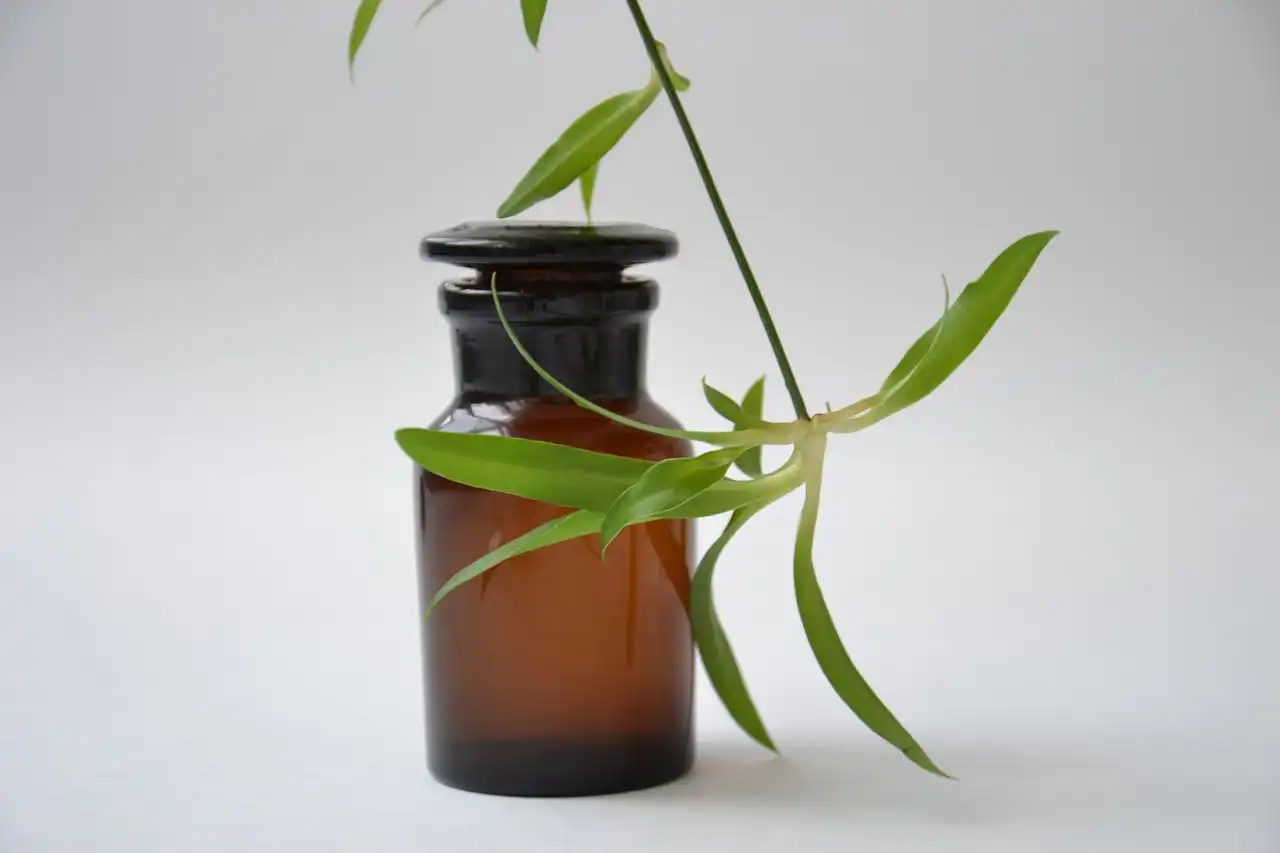More Than Just a Smell: How Certain Scents Affect Your Sleep Quality
Muhe - Wednesday, 30 July 2025 | 09:00 AM (WIB)


The Science of Scent and Slumber: A Brainy Connection
So, how does this magic happen? When you inhale an aroma, the scent molecules travel up to your olfactory bulb, which is basically Grand Central Station for smells in your brain. From there, signals zip to the amygdala and hippocampus – key players in processing emotions and memories. This direct line bypasses the thalamus, which is where other sensory inputs (like sight or sound) usually get routed first. That’s why a particular smell can instantly conjure up a vivid memory or a strong emotion, like the comforting scent of grandma’s cookies or a fresh spring rain. It’s also why certain scents can quickly dial down your stress response, slow your heart rate, and tell your body, "Hey, it's time to chill out." Pretty neat, huh?Star Scents for Sweet Dreams
Alright, so now that we know *why* it works, let's talk about the good stuff – the specific aromas that are like a lullaby for your brain. My personal go-to? You probably already guessed it.- Lavender: The OG Sleep Aid. Honestly, if sleep scents had a hall of fame, lavender would be the first inductee, no question. Its main compound, linalool, is basically a natural sedative. Studies have shown that sniffing lavender can reduce anxiety, improve mood, and even make your sleep deeper and more restorative. It’s like a warm, comforting hug for your nervous system. Definitely a classic for a reason.
- Chamomile: Gentle Giant of Calm. Often found in sleepy teas, chamomile isn't just for sipping. Its sweet, apple-like scent has similar calming properties to lavender, thanks to compounds like apigenin. It's less intense than some other oils, making it a super gentle option for winding down. Perfect for those who find stronger scents a bit much.
- Sandalwood: Earthy Elegance. If you're into something a bit more grounding and meditative, sandalwood is your jam. Its rich, woody aroma is known for promoting a sense of calm and mental clarity, which is exactly what you need when your mind is racing at 2 AM. It can help quiet the incessant chatter and create a peaceful atmosphere.
- Valerian: The Potent Powerhouse. Okay, full disclosure, valerian root has a pretty distinct, earthy smell that some folks find a bit... cheesy? But don't let that deter you if you're serious about sleep. It's super effective, often used in herbal sleep aids, and its scent can really promote deep relaxation and an easier transition into sleep. Just maybe air out the room a bit in the morning!
- Cedarwood: Forest Freshness. Imagine walking through a quiet, ancient forest – that's the vibe cedarwood brings. Its warm, woodsy, slightly balsamic scent is incredibly grounding and comforting. It can help soothe tension and anxiety, creating a cozy cocoon where sleep can really take hold.
- Bergamot: Zesty Calm. This might surprise you, as citrus usually screams "energy!" But bergamot, a type of orange, is actually known for its unique ability to be both uplifting and calming. Its fresh, sweet-citrusy aroma can help reduce stress and anxiety, making it easier to relax without feeling drowsy during the day. For sleep, it helps clear mental clutter.
Scents to Steer Clear Of Before Bed
Just as some scents invite sleep, others are basically tiny alarm clocks for your brain. You want to avoid anything invigorating or stimulating when you're trying to power down. Think about what gets your engine revving:- Bright Citrus (Lemon, Grapefruit, Orange): While lovely for cleaning or starting your day, these zesty aromas are designed to energize and uplift. Not exactly what you want when you’re aiming for sleepy town.
- Peppermint: Feeling sluggish? Sniff some peppermint! Need to stay awake during a long drive? Peppermint's your buddy. Trying to get some Zs? Hard pass. It's a natural stimulant that sharpens focus.
- Eucalyptus: Fantastic for clearing sinuses and feeling refreshed when you're under the weather, but its sharp, camphoraceous scent is too invigorating for bedtime.
- Spicy or Pungent Aromas: Anything that makes you go "whoa!" – like strong spices or very intense, unfamiliar smells – can be distracting or even irritating, definitely not conducive to peace and quiet.
How to Infuse Your Sleep Space with Scent
Alright, you're convinced. So, how do you actually get these dreamy aromas into your life without turning your bedroom into an aromatherapy shop? It's easier than you think:- Diffusers: An ultrasonic diffuser is probably the easiest way. Just add water and a few drops of your chosen essential oil, and let it mist quietly before bed. Set a timer for 30-60 minutes so it doesn't run all night.
- Pillow Sprays: Mix a few drops of essential oil (like lavender or chamomile) with water and a tiny bit of witch hazel or rubbing alcohol in a small spray bottle. Lightly mist your pillow and linens a few minutes before you slip under the covers. So good!
- Scented Sachets: Small fabric bags filled with dried herbs (like lavender buds or chamomile flowers) can be tucked under your pillow or on your nightstand.
- Essential Oils in a Bath: Add 5-10 drops of a calming essential oil to a warm bath about an hour before bed. The warm water helps the oils disperse and prepares your body for sleep. It’s basically a spa experience at home.
- Room Sprays or Mists: Similar to pillow sprays but for the whole room. Make sure they’re formulated for sleep, not just general fragrance.
Beyond the Bottle: A Holistic Approach
Now, let’s be real for a second. While scent can be an absolute gem for improving your sleep, it’s not a magic bullet that’s gonna fix everything if your sleep hygiene is, well, a hot mess. Think of it as a super powerful assistant in your quest for better sleep. It works best when paired with a solid bedtime routine: keeping your room cool and dark, ditching screens an hour before bed, and maybe even reading a good old-fashioned book. But adding a calming aroma into that mix? That’s just next-level relaxation. It creates a powerful sensory cue for your brain: "Ah, this smell means it's time to power down and rejuvenate."So, if you’re still counting sheep at 3 AM, why not give your nose a chance to lead the way to dreamland? Experiment a little! Find the scent that speaks to your soul, that brings that wave of calm over you. It's a small change that could lead to seriously big, beautiful improvements in your nightly rest. And let’s be honest, who doesn’t want more of that sweet, sweet sleep? Sweet dreams, my friends!
How to Relax Your Mind During the Weekend
6 months ago

ChatGPT's Compassionate Turn: How AI Is Learning to Handle Mental Health Crises Better
6 months ago

Coffee vs. Tea: The Morning Brew Showdown That's More Than Just a Cuppa
6 months ago

Cracking the Code: Your Guide to Taming Those Beastly Migraines
6 months ago

Fuel Your Supercomputer: Five Foods That Will Level Up Your Brainpower
6 months ago

Unlocking Your Inner Shield: Five Veggies That Are Basically Superheroes for Your Immune System
6 months ago

Your Secret Weapon for Weight Loss? It's As Simple As Putting One Foot in Front of the Other
6 months ago

Forever Young: The Secret to a Glowing, Timeless Life
6 months ago

Your Gut Feeling is Right: How to Feed Your Inner Universe for a Happier, Healthier You
6 months ago

Navigating Your Daily Grind: When Does Your Coffee Habit Cross the Line?
6 months ago
